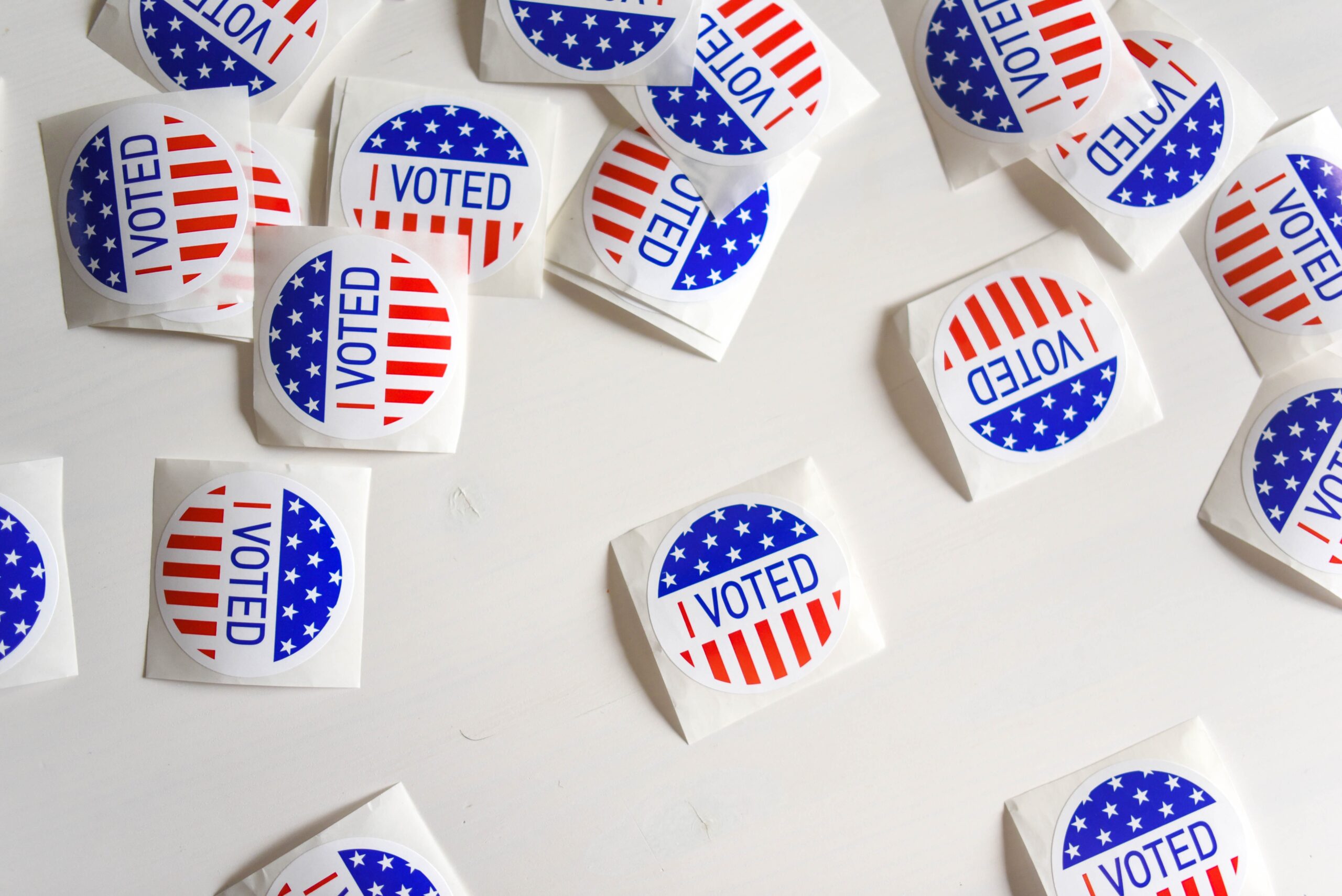It’s March 6, 2024. Despite a formidable edge in polling, former President Donald Trump has suffered a Super Tuesday defeat, in line with his previous poor performance in earlier states’ primaries. The former president’s waning star in the GOP was fully manifest last night, as centrists in the party asserted their independence, ranking Trump at the bottom of their ranked choice ballots.
That speculative newspaper lede reflects a world in which Republicans have embraced a ranked choice voting system. In reality, if Trump decides to mount a presidential run again in 2024, conventional wisdom dictates he could easily sweep the field. But RCV presents a pathway to a post-Trump GOP and would transform primary elections.
RCV is a voting procedure where voters rank candidates in order of preference and an algorithm is used to eliminate candidates with low support, ultimately determining an election’s winner. Although different algorithms for aggregating preferences work differently, in general, RCV seeks to maximize utility among voters and crown the most palatable candidate the winner of an election. Already adopted in New York City for municipal elections, Maine and Alaska for statewide and presidential contests, and in some states’ primary caucuses, RCV has not seriously been considered for widespread national use in primaries, despite its appealing promise that it selects the optimal candidate as a winner.
A recent AP-NORC poll found that 47% of Republicans believe Trump should retain “a lot” of control over the party’s future trajectory. By contrast, 34% of respondents said the former president should wield “a little” influence, while 18% said “none at all.” Similarly, an NBC News poll found 44% of Republicans professed greater loyalty to Trump than their party. These results illustrate a party still dedicated to its former leader, yet not staunchly committed to its past.
If RCV were employed to select delegates for the 2024 Republican National Convention, perhaps affording delegates to the top few candidates proportional to their level of support after several rounds of eliminating unpopular candidates or by assigning scores to candidates based on how they are ranked and apportioning delegates in proportion to those scores, the primary would become more competitive. While Trump would likely be ranked at the top of the ballot among the 47% of respondents in the AP-NORC poll who championed a Trump-influenced GOP, he would be hurt by the 18% of respondents disillusioned with the former President’s divisive behavior, who presumably might rank Trump as their least-favorite contender. Depending on the algorithm used to assign delegates and how Republicans who are mildly critical of Trump voted, Trump could suffer defeat.
RCV-triggered uncertainty in the 2024 Republican primary would create ripple effects altering the field of candidates. Savvy presidential hopefuls could declare alliances with Trump — like the coalitions seen in NYC’s mayoral primary — and offer a brand of Trumpism minus Trump’s most alienating attributes. These candidates would enjoy wider appeal than Trump’s base, dramatically changing the race.
Evidence exists that RCV could have changed the 2020 Democratic presidential primary too. According to an analysis by FiveThirtyEight in January 2020, Sen. Elizabeth Warren was the least disliked candidate among primary voters with an opinion of the candidate, which implies she could have fared well if electoral results were determined using a ranked choice method. To be fair, this analysis finds Warren was also the most popular candidate among voters with an opinion of the candidate, yet she did not win any state primary elections or caucuses with traditional first-past-the-post voting methods.
The most intriguing potential effect of RCV is that it frees voters from arbitrary constraints. Too often, voters feel confined to popular candidates, not wanting to waste their ticket on a doomed campaign, breathlessly hoping that a shift in public opinion will bring their favored candidate into the top-tier of contenders; courageous voters who ditch popular opinion to support their favorite candidate often find their votes wasted and their opinions discounted. RCV remedies this conundrum and allows voters to rank their favorite candidate number one, without wasting a vote on a long-shot campaign.
In this sense, RCV could change the primary game from a contest where candidates steadily accumulate momentum and drive their rivals out of competition, to a fluid, dynamic race where contenders are constantly appealing for votes, and a longshot campaign can mount a comeback at any moment. It would also shift power away from voters in states with early primaries — who often anoint the contest’s frontrunners — to a more egalitarian distribution of voting power among all primary voters, addressing criticisms of the current process, which affords Iowans and New Hampshire voters unreasonable control over the nomination ordeal. Under the current system, voters do not want to gamble their vote on an unpopular campaign and feel beholden to the already-chosen top candidates; RCV would remove the risks of voting for individuals who lack support because voters rank their top several options.
RCV — still an unfamiliar concept to many voters — is slowly gaining traction nationally, and could significantly alter American politics. Different voting systems can select different nominees, and maintaining the status quo plurality election procedure is an equally loud statement as transitioning to a ranked choice method. Ahead of 2024, instead of just asking which candidate offers winning policies, ask, which candidate does our voting system benefit?
Image by Element5 Digital is licensed under the Unsplash License.



